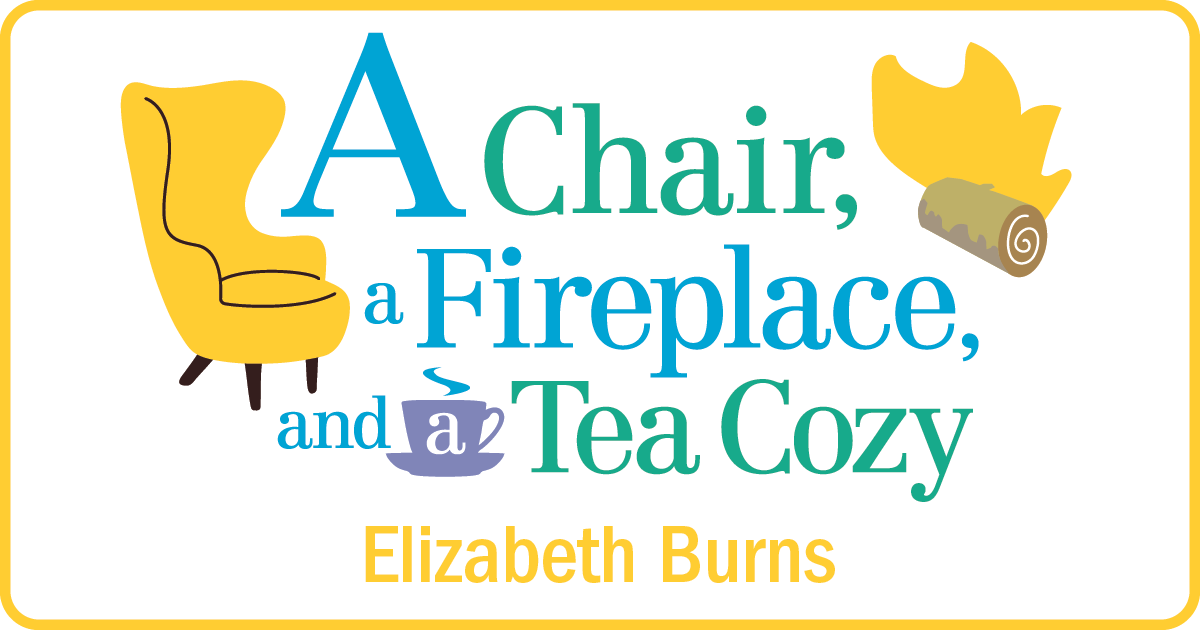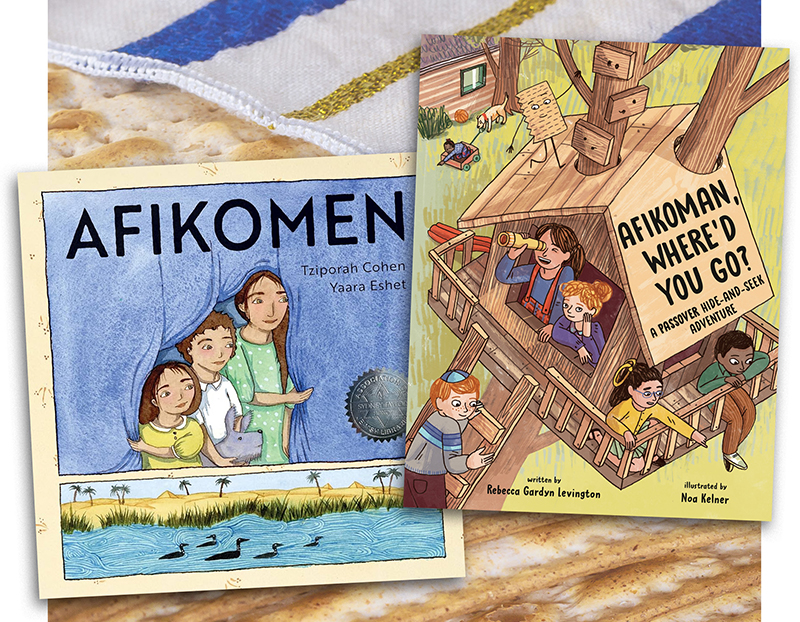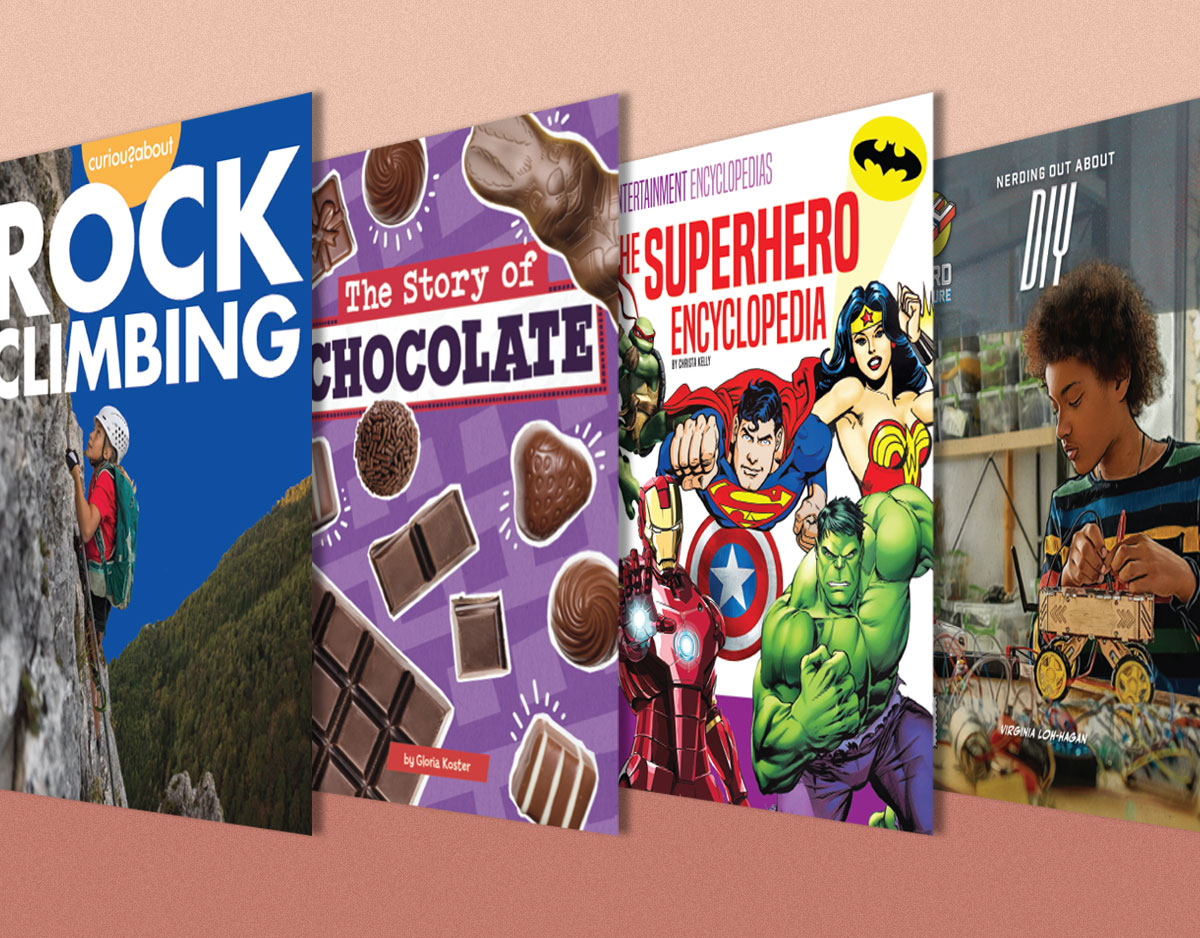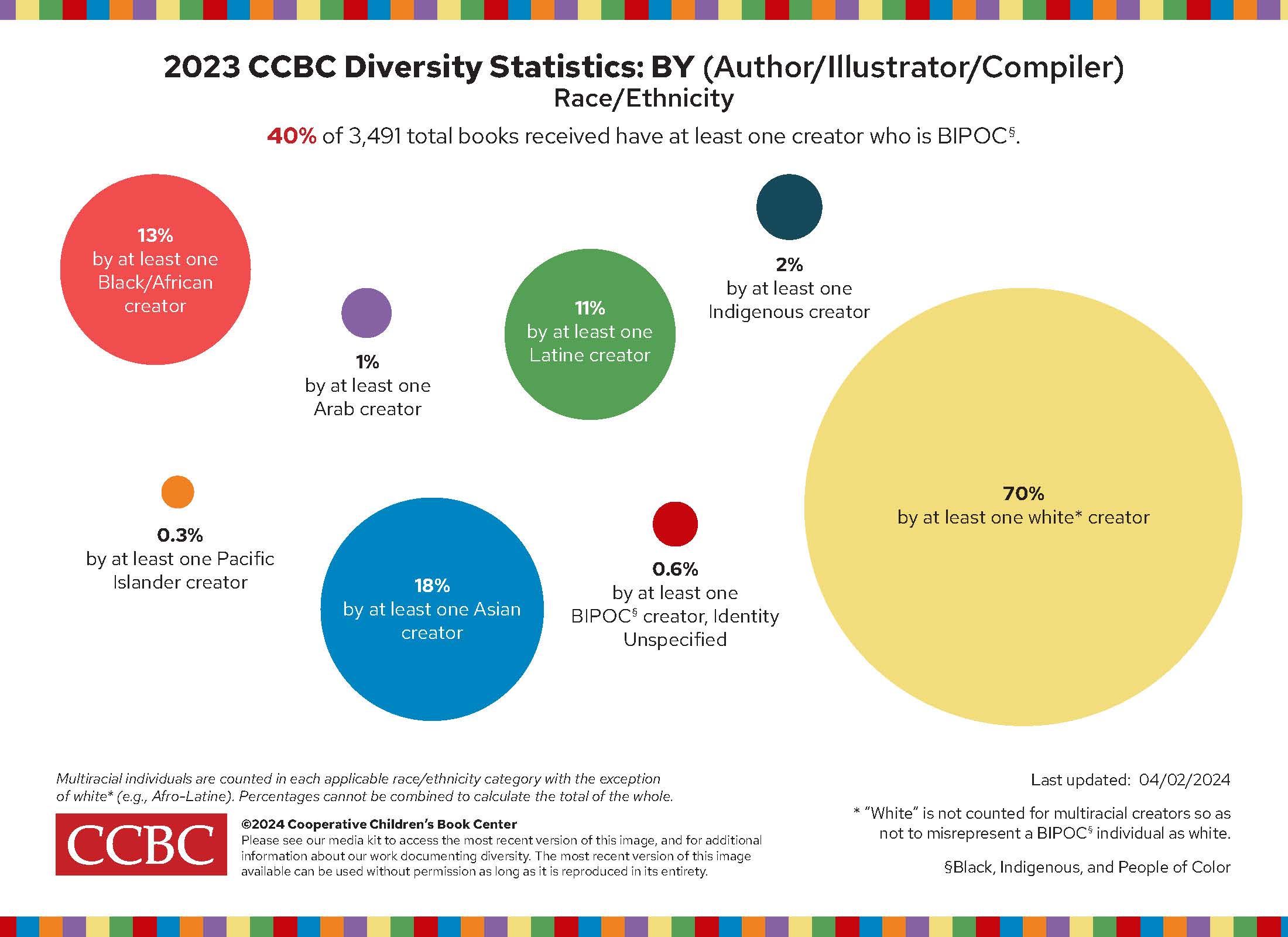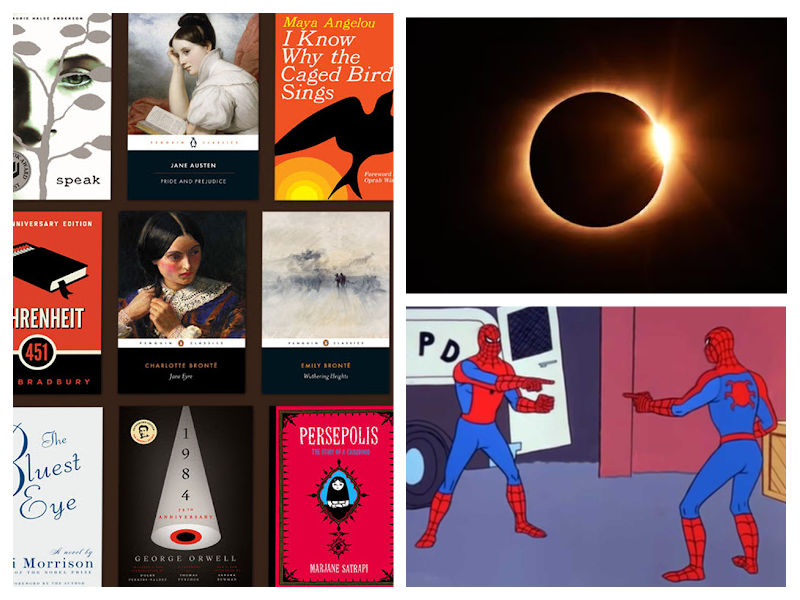SCROLL DOWN TO READ THE POST
Guest Post by Beth Bauman
One of the things I really like New Adult is the conversations it inspires.
While I’ve joked about how “sexytimes” figures into whether a book is Young Adult or New Adult, I’m dead serious about young adult books and female sexuality. Want to see me rant? Just drop the s-word when talking about teenage girls. (The s-word is slut.) I also don’t like the “sexytimes” definition for New Adult because, well, Young Adult books do address sex, and sexuality.
 I’m delighted to have a guest post about this topic by Beth Ann Bauman, author of Jersey Angel (Random House, 2012; paperback edition, 2013) (edited to add link to my review) and Rosie & Skate (Random House, 2009; paperback edition, 2011) (my review). I also love Beth’s post because, well, sometimes New Adult is spoken about as books set in college, or “college aged” which implies, doesn’t it, that the person should be college. And Beth talks about those people who may not be interested in college. And finally: JERSEY IN THE HOUSE. Ahem. Sorry, but Beth writes about my Jersey Shore, the area I grew up in and still live near, not some reality TV buffed and tanned version.
I’m delighted to have a guest post about this topic by Beth Ann Bauman, author of Jersey Angel (Random House, 2012; paperback edition, 2013) (edited to add link to my review) and Rosie & Skate (Random House, 2009; paperback edition, 2011) (my review). I also love Beth’s post because, well, sometimes New Adult is spoken about as books set in college, or “college aged” which implies, doesn’t it, that the person should be college. And Beth talks about those people who may not be interested in college. And finally: JERSEY IN THE HOUSE. Ahem. Sorry, but Beth writes about my Jersey Shore, the area I grew up in and still live near, not some reality TV buffed and tanned version.
ADVERTISEMENT
ADVERTISEMENT
And, here is Beth’s post —
Why I Wanted to Write About the Girl Who Doesn’t Get Written About
When Angel Cassonetti appeared in the early stages of Jersey Angel, I was happy to meet her. Here was a rebel girl, one who unapologetically likes sex, doesn’t want to be tied down, and knows college isn’t for her. She’s the kind of girl who’s culturally marginalized, but what’s interesting about her is that she doesn’t marginalize herself. She lives her life, seeking her own truth, even as the journey reveals her flaws.
In writing the book I wanted to take on sexual desire and pleasure from a girl’s perspective. What’s interesting to me is how the old double standard still applies in the twenty-first century. Promiscuous boys inspire sly smiles—those horndogs, those bad boys—but sexually active girls are still suspect. In fact, they’re sluts, hos, words that some readers have used in online reviews to describe my character even when they like the book. If there’s been any progress on the double-standard front, it’s that many people can probably accept a girl’s sexual activity if she’s emotionally invested, if the boy she’s doing the deed with means something to her. But enjoying sex because it’s exciting and empowering, feels good, and validates one’s desirability is another story. You’ve come a long way, baby? Not quite. A girl’s horniness is still threatening. And though we may not culturally embrace this girl, she exists.
I’m also intrigued by the question of ambition. The YA landscape is filled with interesting strivers, kids on their way to adulthood with college as a likely destination on the journey. But you don’t often find stories about kids who aren’t college bound: the ones who don’t make the grades, haven’t been paying attention, or know in their hearts college isn’t for them. If the subtle and sometimes not-so-subtle aim of YA fiction is to promote good values and morality, I wonder if a story about the low striver, or the kid who doesn’t try to play the college game at all, is seen as a kind of failure on the author’s part. Such a book depicts a lack of ambition that very well may be anti-American. But the truth is plenty of kids don’t go to college. They don’t want to—and wouldn’t do well if pushed in that direction. This is a class issue as well. If stories about kids in the lower classes are often about the climb out, what do we make of the girl who comfortably stays put? It seems to me that in YA literature she gets bypassed or used as the bad example.
There are many different types of teens, and in Angel I’d like to think I’ve given voice to a character we don’t often hear from. YA should represent many voices, not just those that serve as good examples. Maybe the bigger issue is why we think teens need role models in these books. As a writer, I’m interested in representing the world as it is, not as it should be. Rather than providing role models, shouldn’t fiction be a means of imagining a life other than our own? There’s value and self-expansion in doing so, and the reward might be a fuller view of the human condition.
Let’s hear it for the antiheroine, who resists others’ limited vision of her and has the courage to stand alone. In testing limits and seeing what she’s made of, she’ll screw up more often than not—which epitomizes the teen years—but in the process she may find a richer, more hard-won path to selfhood.
***********************************************************************
Thank you, Beth!
Filed under: Reviews
About Elizabeth Burns
Looking for a place to talk about young adult books? Pull up a chair, have a cup of tea, and let's chat. I am a New Jersey librarian. My opinions do not reflect those of my employer, SLJ, YALSA, or anyone else. On Twitter I'm @LizB; my email is lizzy.burns@gmail.com.
ADVERTISEMENT
SLJ Blog Network
Name That LEGO Book Cover! (#53)
Cover Reveal and Q&A: The One and Only Googoosh with Azadeh Westergaard
Exclusive: Vol. 2 of The Weirn Books Is Coming in October | News
Take Five: Middle Grade Anthologies and Short Story Collections
The Classroom Bookshelf is Moving
ADVERTISEMENT
ADVERTISEMENT

